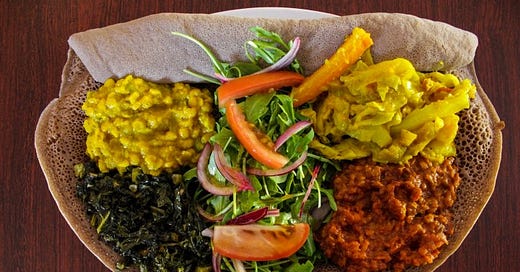Coca-Cola occupied an unenviable position as the biggest plastic polluter among consumer goods companies in 2023, with three million, four hundred and fifty thousand tonnes in total weight of annual plastic packaging.
PepsiCo took another unenviable position in the plastic packaging space in that year, occupying the second spot, with 2,600,000 tonnes, its plastic waste found in 30 countries compared to Coca-Cola’s 40.
Nestle took the third position in the global audit of companies in the plastic polluting space, recording 927,000 tonnes in plastic packaging, even though it aims at setting a bold global ambition of making 100 percent of its packaging either recyclable or reusable by 2025.
In sum, each year, companies such as Coca-Cola, PepsiCo, Nestle and others produce 400 million metric tonnes of plastic waste, with 56 companies responsible for more than 50 percent of branded plastic pollution, and six responsible for a quarter of the entire figure for the sector.
Coca-Cola produces over 130 billion plastic bottles every year, a significant portion of close to 500 billion plastic bottles sold on a worldwide basis, accounting for a total of 33,820 items of branded waste discovered in about 40 countries during a survey.
PepsiCo increased its use of plastics packaging by four percent or over 100,000 metric tonnes in 2022, with its waste products making up the second largest percentage of branded plastic products found during a survey at five percent.
Danone produced a total plastic bottle packaging of 750,000 tonnes in 2021, an amount almost equivalent to 75 Eiffel towers, while its products could be found in over 120 countries.
The demand for plastic bottles, jars, containers, bags, and others is responsible for the plastic wastes generated by these companies, with necessities such as ID cards, badges, labels, consumer goods, and the rest accelerating a process that hurts humans on the climate front.
If things continue as usual, Coca-Cola could use more than 9.1 billion pounds of plastic by 2030, a 20 percent increase over the company's report on plastic use and enough plastic to circle the earth more than 100 times, with 602 million kilograms of the plastic waste entering the world's oceans and waterways.
If consumption keeps growing, the global plastic bag packaging market could show an increase from $26.89 billion this year to $35.41 billion by 2033.
If the situation refuses to change, companies like Coca-Cola and the others could grow the plastic bottles market valued $136.8 billion in 2024 by a compound annual growth rate (CAGR) of 4.7 percent from 2025 to 2034.
With the increase in the production of goods such as plastic bags, bottles, consumer goods, badges, and all the rest, the oceans and the waterways could swell with even more rubbish, further compounding the climate crisis that faces many.
To reduce the plastic pollution of these companies, people should support those of them with sustainable practices, demand transparency generally, as well as encourage investors to make companies adopt more sustainable practices.
What to Eat
Vegan food from Eritrea, Credit, Nosh Dining




